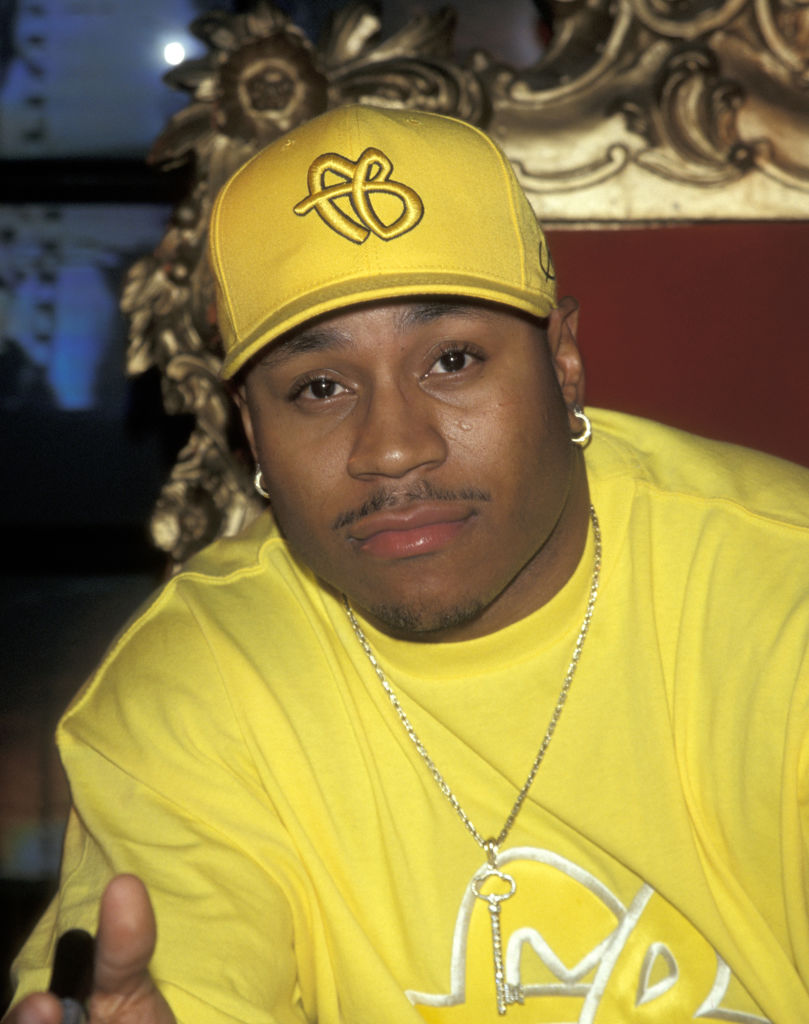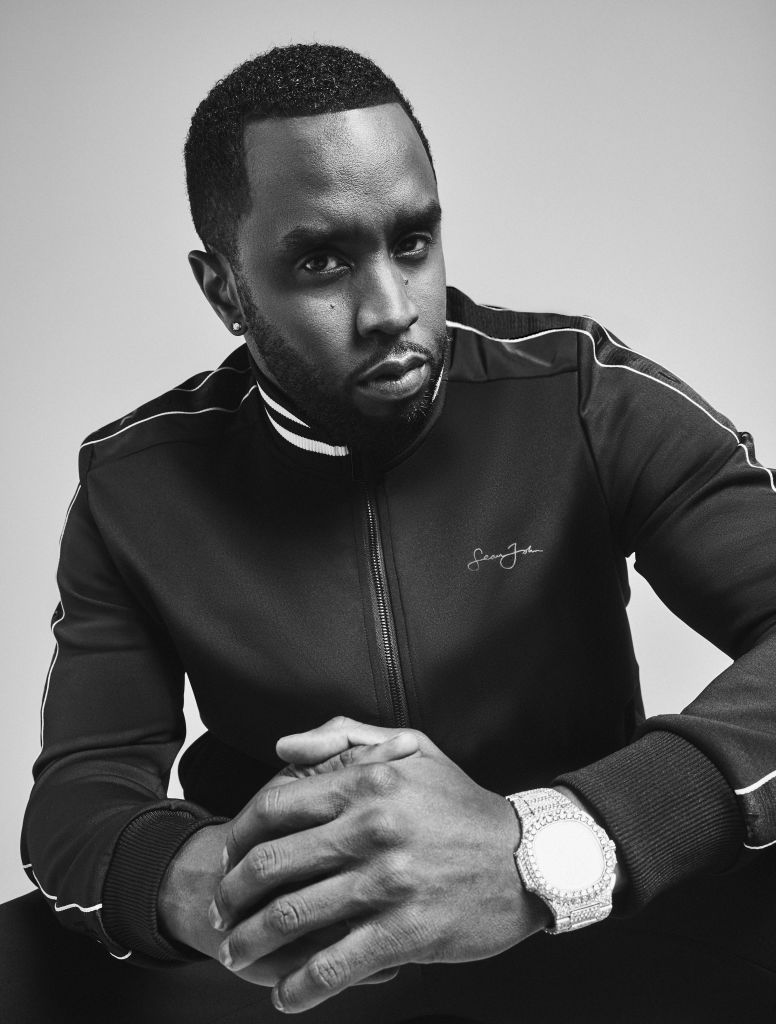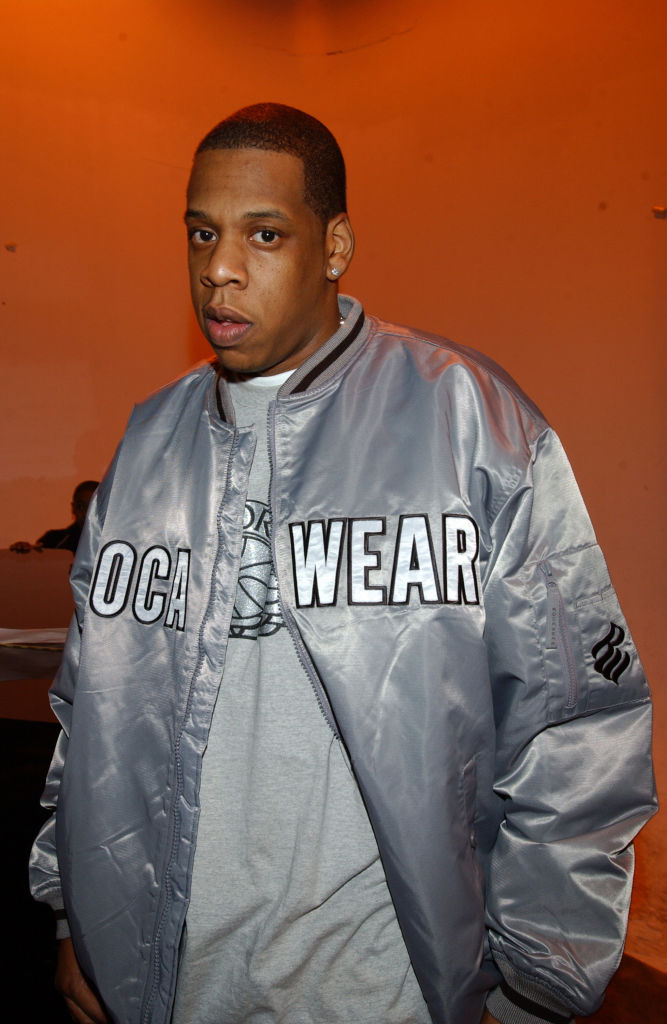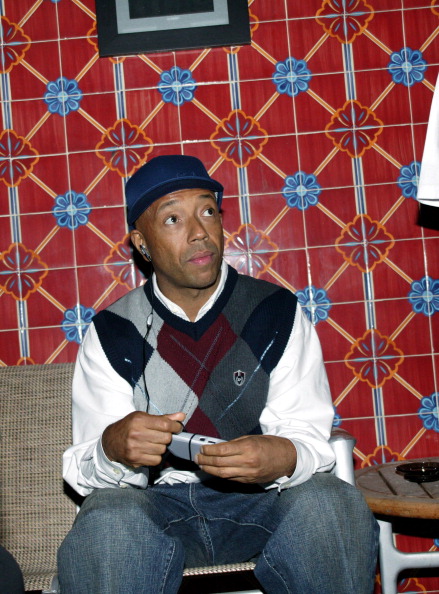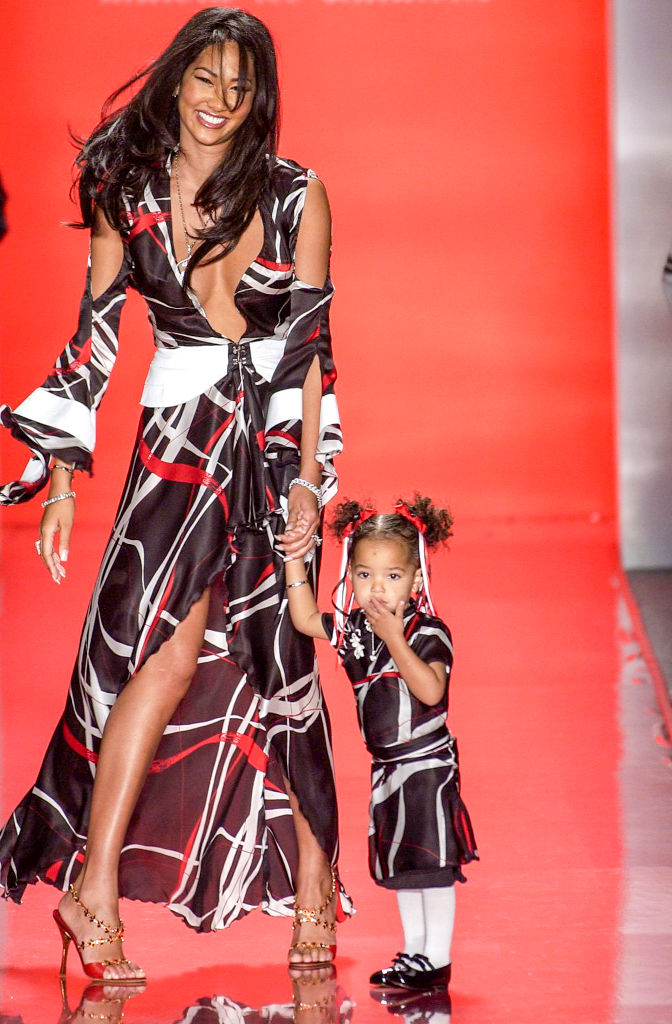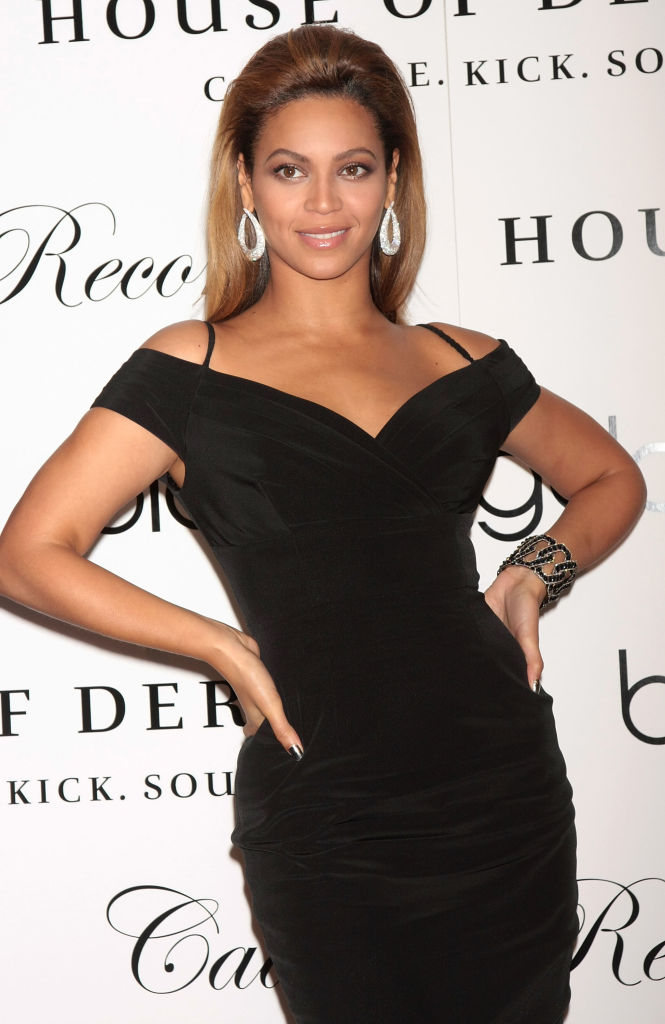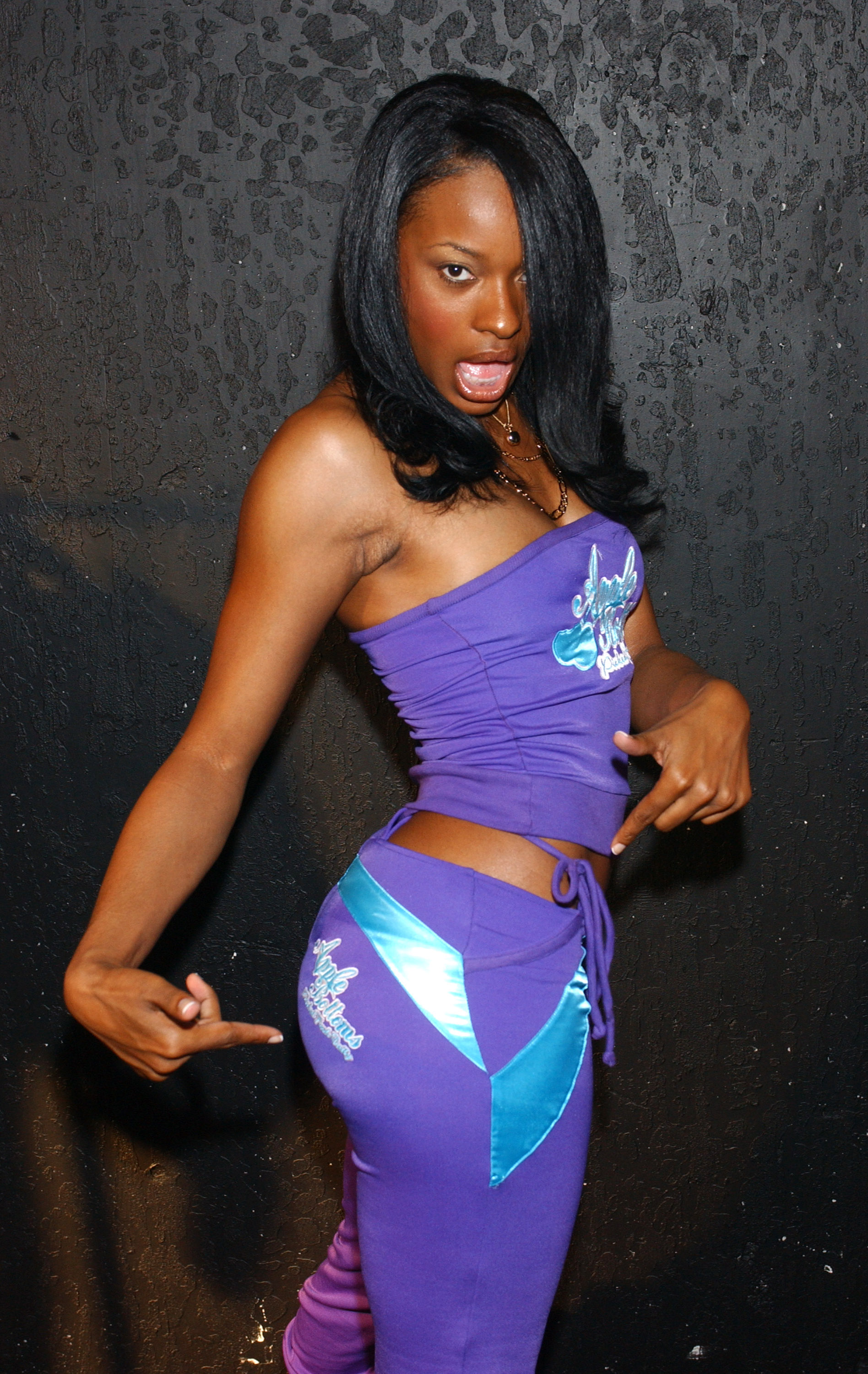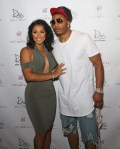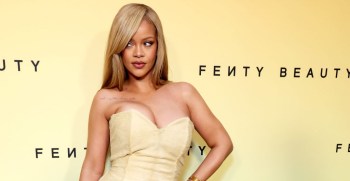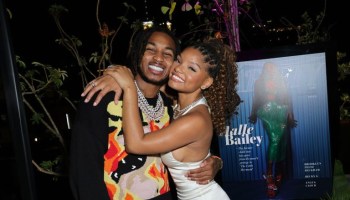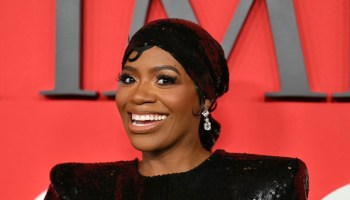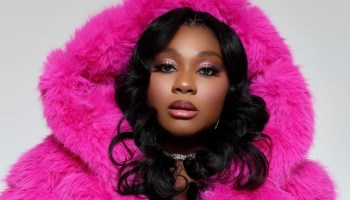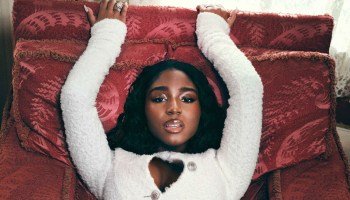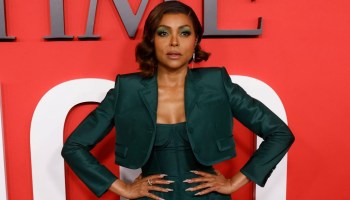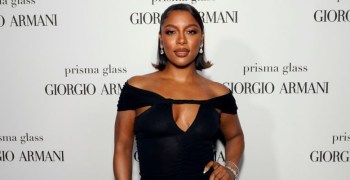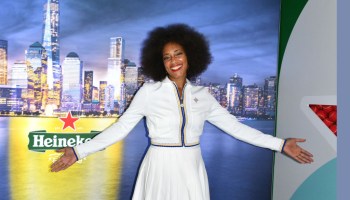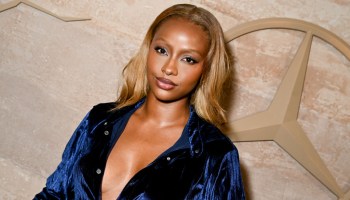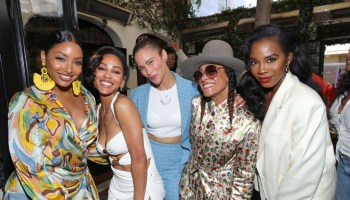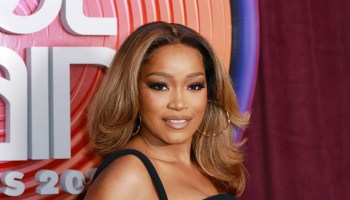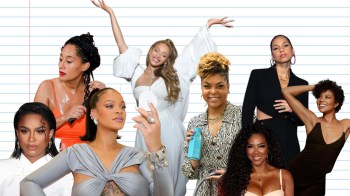The entire world moves to the pulse of hip-hop culture and the fashion industry is not exempt. From the hood to Hollywood, iconic streetwear brands, inspired by underground rap culture, have set the style tone for “what’s cool” for generations.
We invented swag, the word, and the vibe, and there are millions of dollars to prove it. At its height, Sean Combs’ streetwear line, Sean John, was pulling in $525 million in annual sales, according to GQ.
Iconic Streetwear Brands
Streetwear brands like Phat Farm, Rocawear, and Sean John were born out of hip-hop feeling left out of the fashion conversation. Black music and Black style define the fabric of culture, and here are a few brands that helped pioneer the way to global Black fashion influence.
The urban wear movement continues to dictate fashion trends with luxury designers like “Givenchy’s Riccardo Tisci and Alexander Wang designing high-end versions of streetwear,” TheHollwoodReporter reports.
FUBU
FUBU, “For Us, By Us,” was founded in 1992 by Daymond John and his friends and co-founders, Carlton E. Brown, J. Alexander Martin, and Keith C. Perrin. John took $100,000 from mortgaging his home and invested it into the fashion line, and the rest is history. The endeavor was a pioneering move that pushed hip-hop culture and Black fashion entrepreneurship onto the mainstream radar.
As the story goes, “LL cool J wore a fubu hat in a gap commercial and this helped create immense brand awareness for our company. We eventually signed a contract with Samsung in 1995, helping Samsung launch its fashion financing and infrastructure platform. In 5 years, sales with the Samsung partnership reached $200 million dollars,” Draymond explained on his website.
Sean John
Sean Combs launched an urban-wear line in his namesake in 1998. The streetwear brand ended up becoming an immediate retail and runway success. In 2000, Combs was nominated by the Council of Fashion Designers of America for Menswear Designer of the Year.
In an interview, American designer Tommy Hilfiger shared kind words about Diddy’s ambitious nature. “My brother Andy brought Puff Daddy into my office. I loved his confidence. I loved the way he looked—he was decked out in some Tommy. There was no doubt in my mind this guy was going to be a true superstar and contender in whatever he chose to do. He told me he wanted to conquer fashion as he had already started to do with music.”
Diddy was embraced by Hilfiger and Vogue’s Anna Wintour. “I listened to everything they had to say, and in the end, what I took away from their advice was to rely on my instinct,” said Diddy.
Just days after Cassie filed a bombshell lawsuit against the mogul, Macy’s announced the Sean John brand would be phased out of its stores, Complex reports.
Rocawear
Jay Z launched Rocawear in 1999, a fashion spin-off of the rapper-turned-music mogul’s record label, Roc-A-Fella. The line was stocked with hip-hop-inspired gear, and the designs paid homage to the Brooklyn native’s street roots. Rocawear was a concept drawn up by him and then partner Dame Dash.
Despite being turned away by several investors, Jay and Dame were determined to make Rocawear happen. Using his lyrics (I think I might wife her/ you know powder blue Rocawear suit/ White Nike-her”), he would organically promote the brand making it one of the most popular brands of the 90s. In 2007, it was worth $700 million, reports TheSportsman.
“I would make records and talk about various clothing brands and I started noticing that I was selling a lot of clothing for these companies – I would go to them and they kept turning me away. I don’t think they understood the amount of clothing I was moving for them.”
Phat Farm
Russell Simmons changed the game in 1992 with his clothing line Phat Farm, which featured preppy designs like argyle prints. At the peak of its success, Phat Farm rivaled legacy brands like Tommy Hilfiger and Ralph Lauren The influential brand became a multimillion-dollar business as well as launching Kimora Lee Simmons’ Baby Phat. Both brands were sold to Kellwood Apparel in 2004 for a reported $140 million, reports TheHollywoodReporter.
Baby Phat
Former Def Jam executive Russell Simmons expanded his fashion label, Phat Fashions, into womenswear with the launch of Baby Phat in 1999. The line was helmed by his then-wife, model Kimora Lee Simmons. Baby Phat was popular for its velour tracksuits and jeweled baby girl t-shirts. Hip-hop pioneers from Lil’ Kim to Missy Elliott wore Kimora’s trendsetting designs.
Baby Phat merged hip-hop and high fashion with big names, elaborate fashion shows, and a brand that tapped into everything from belts to scents to pink flip phones made famous by rapper Camron – it was the icy girl aesthetic long before Saweetie popped on the scene. At one point, Baby Phat was worth over $1 billion, Dazed reports.
At any given Baby Phat runway fashion show, you might see Cam’ron, Diddy, Mary J Blige, Missy Elliott, Tyra Banks, or Janet Jackson seated in the front row. As a minority, it was important for Kimora to also hire models of various ethnicities.
“I remember when I started as a model, it was very hard. ‘Well, what is she? Is she black, is she Asian? She’s not black enough, she’s not Asian enough,’” Kimora Lee explained. She embraced a “mixture of ethnicities – sort of like the rainbow coalition.”
Baby Phat changed the way we consume streetwear.
House of Dereon
Beyonce and her mother Tina Knowles launched their fashion line, “House Of Dereon” in 2006. Fashion was a natural extension for the mother-daughter-duo, since Tina was a seamstress in their hometown of Houston, Texas and designed some of Destiny’s Child’s most iconic stage looks.
Apple bottoms
Rapper Nelly launched “Apple Bottoms” in 2003 as a denim label. The jeans were known for the apple logo on the back pocket of the pants, intended to accent a round derriere. The brand eventually expanded into clothes, perfume, and accessories.
RELATED STORIES:
Forever 21 x Juicy Couture’s Latest Drop Brings The Nostalgia In Time For Your Fall Wardrobe
He Tried It: Tommy Hilfiger, You Are Not The First Streetwear Designer

